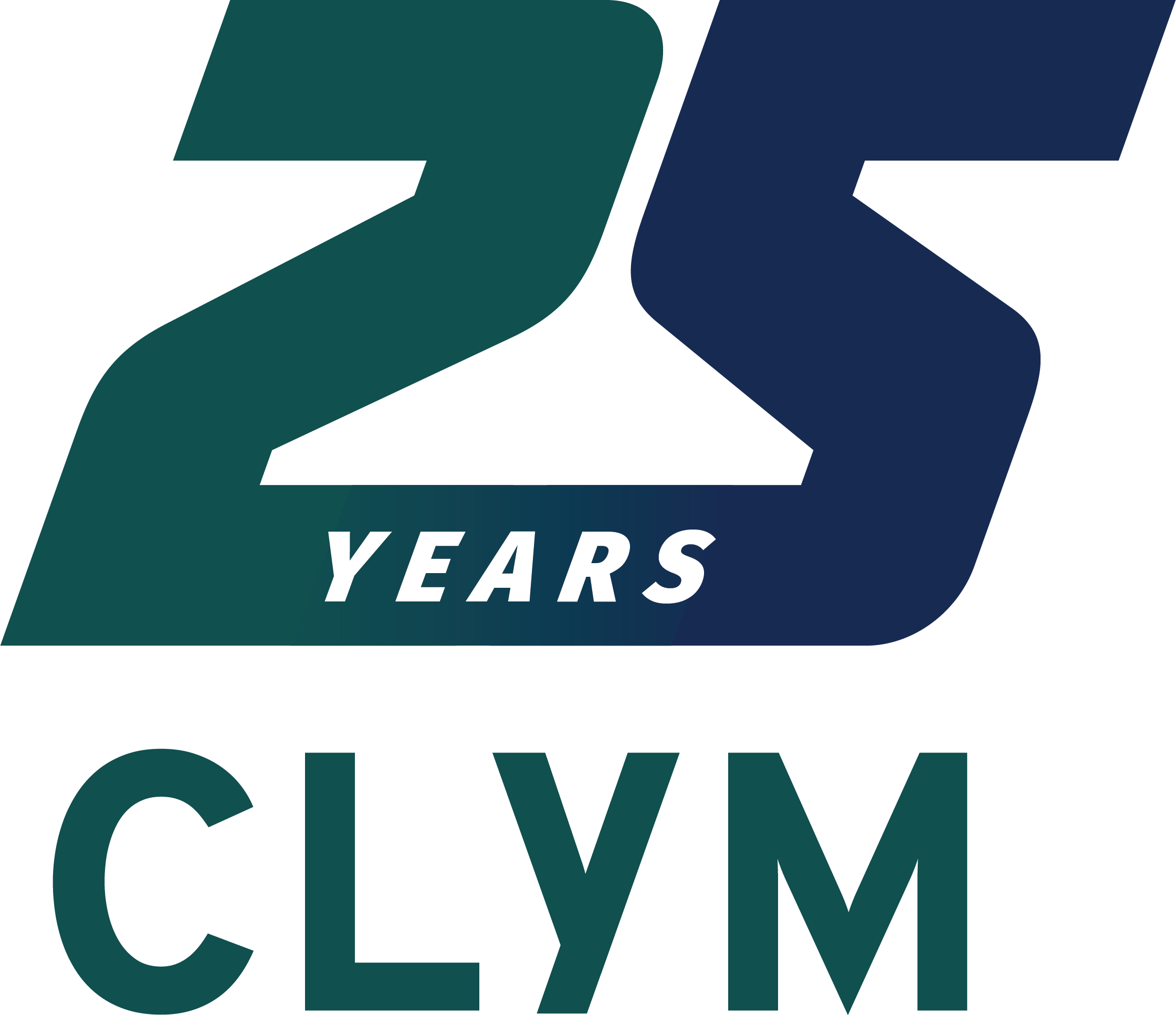
You may not think that Environmental, Health, and Safety (EHS) compliance is that big of a deal for your industry, but this complex set of rules, laws, and regulations touches nearly every aspect of your business. Workplace safety is enforced by OSHA, which is not an agency to be taken lightly.
At its heart, EHS was designed to protect your employees from workplace hazards, and failure to provide proper documentation and proof of compliance can open your business up to legal actions and heavy fines. How heavy? Serious violations may cost your business roughly $14,000 each. If your business is found to be in willful violation, meaning your company was aware of a risk but took no actions to remediate it, you could be looking at just under $140,000 per violation. If your inaction surrounding a known risk results in a fatality, you may be faced with $250,000 fines for each violation found, as well as jail time.
In addition to the direct monetary hit your business will take, the public and stakeholders’ view of your company will be forever tarnished.
A Brief Look Back: The Need for EHS Intervention
In the early years of commercialized industrial activities, worker safety wasn’t a high priority. You don’t have to look much further than the mining industry in Monongah, West Virginia, when a 1907 explosion took the lives of 362 people. Unfortunately, these incidents only captured the public’s attention when it involved multiple deaths, like this one. The truth is that fatalities and work-related illnesses were a common workplace hazard for miners.
More recently, EHS compliance might have saved many lives in large-scale incidents such as the Bhopal Gas Leak in 1984, 2010’s Deepwater Horizon explosion, and the Camp Fire of 2018, which was caused by faulty equipment.
EHS is a Workplace Culture
EHS compliance is more than just following a few laws to protect your businesses’ financial investments. It should be embraced as part of your everyday workplace culture. Ultimately, however, it will benefit your company financially by way of:
- Increases in company value
- Higher productivity
- Increased employee satisfaction
- Lower employee turnover rates
- Higher consumer trust and business ratings
Why You Need a Dedicated Workplace Safety Team Member
To stay compliant with EHS, companies should hire a specific team member to shoulder the implementation of OSHA approved practices. This EHS manager will be responsible for:
- Identifying, mitigating, and removing workplace hazards
- Training employees on proper workplace safety
- Specialists that excel in understanding OSHA regulations
- Keeping required documentation
- Meeting with EHS inspectors for audits
Some companies do not have the resources to spare for a dedicated EHS manager, and turn to outsourcing these duties to a professional provider.
Your Role in EHS Compliance
Your role in EHS is, quite simply, to ensure that OSHA guidelines are followed and that your company is operating in a way that is safe for both employees and the surrounding community. You are responsible for the health and wellbeing of your employees, and ensuring that you are running your business in an eco-friendly manner, avoiding pollutants and harmful toxic by-products.
You are responsible for providing:
- Routine workplace inspections
- Employee training
- Upgraded and well-maintained machinery and equipment
- Safety tools for employees
- Environmental solutions for eco-friendly operations
- Safe storage and disposal of all hazardous substances and byproducts
A Promise to the Public and Your Employees
EHS isn’t just crossing your “t’s” for OSHA inspections. It’s a promise to your employees that you take your role in their safety seriously by providing a safe work environment. It’s also a promise to the public that you are mitigating risks to the environment and health of your community.
Clym Has the Professional Services, Qualified Experts, and Solutions to assure your EHS Compliance
OSHA rules can be complex and being on the wrong side of them may cost you, whether it’s financially in heavy fines, or reputationally in decreased worker and public trust and confidence.
Clym is the ideal partner for all your EHS needs, offering on-site inspections and documentation, waste management services, employee training programs, decommissioning and relocation services, and more. You have enough to worry about – let Clym handle your EHS compliance concerns. Contact us today for your consultation.
